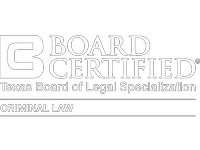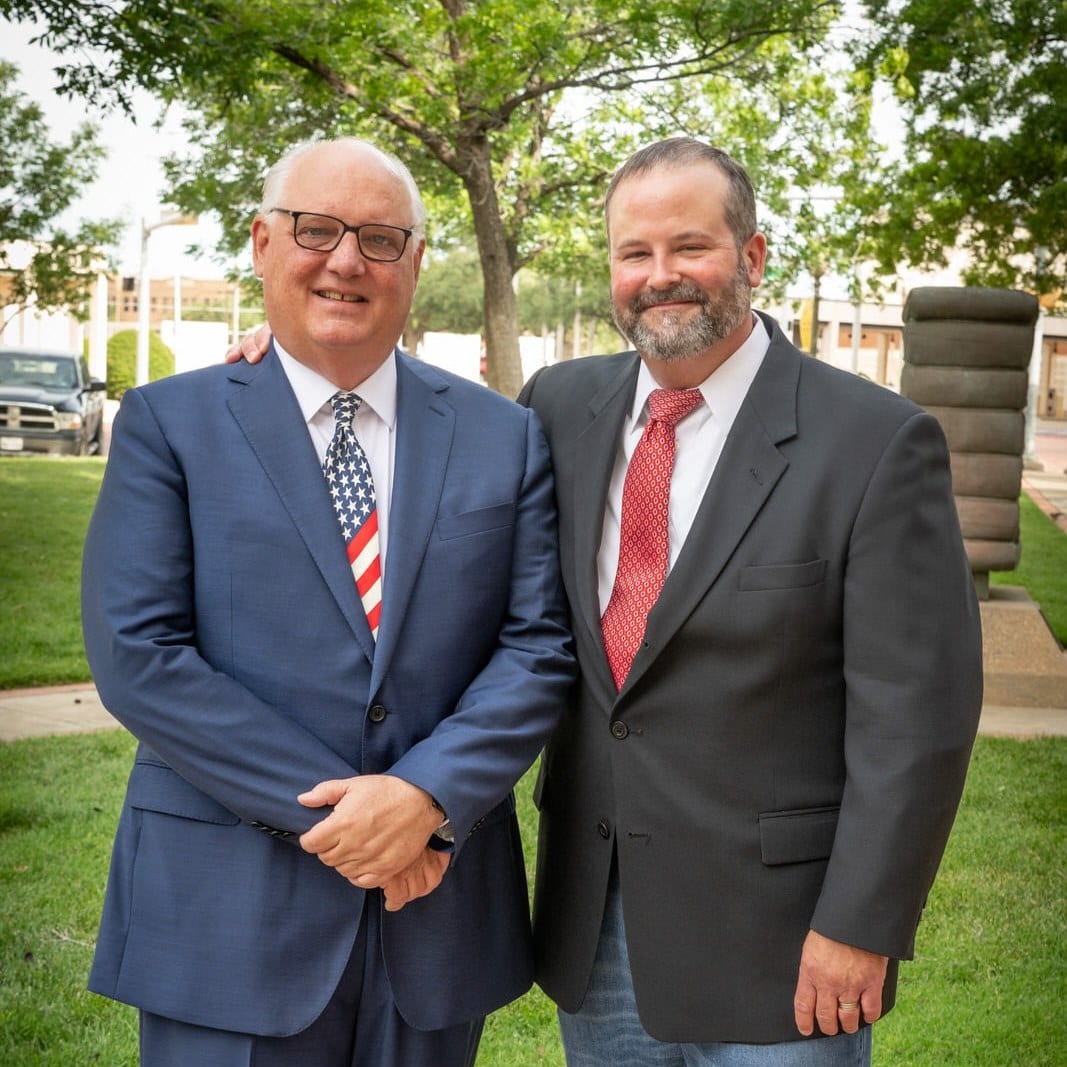What is an Order of Non-Disclosure?
If you have obtained a court order of nondisclosure, employers will be unable to obtain certain records about your criminal background from the clerk of the court. This also means if you have a criminal history, you do not need to disclose these details to a potential employer, school, housing authority or many other entities. An order of non-disclosure gives families and defendants a second chance.
Similar to expunction, which allows for criminal records to be destroyed, an order of non-disclosure seals a criminal record. Sealing a criminal record allows it to still be referenced by the State, but it is hidden from private entities that purchase criminal history.
In September 2017, non-disclosure laws in Texas were expanded under HB 3016. The “second chance law” provides individuals convicted of certain non-violent crimes the ability to qualify for non-disclosure. Even charges where jail time was served and offenses such as DWI are now eligible. Crimes committed prior to September 2017 that meet requirements can also be sealed from public record.
Navigating this process without an experienced criminal defense attorney can be difficult, time consuming and costly to your future.
Petition for an Order of Non-Disclosure
There are benefits to having experienced legal representation when filing an order of nondisclosure. Among the many steps is determining eligibility.
- HB 3016 expanded eligibility for crimes committed by first time offenders only
- You will need a separate order of nondisclosure for each charge on your record
- Did you receive deferred adjudication? Deferred adjudication is a type of a probation in which you pled guilty. It is not considered a conviction and has several advantages over traditional probation. Now it receives an automatic non-disclosure, meaning it cannot be denied by a judge.
- Did you receive probation or jail time after a DWI? You may be eligible. Learn more about this service.
- Did you receive jail time or a fine-only conviction? All jail time and fines must be served and paid. Felony jail convictions will be a denied an order of non-disclosure.
Offenses Never Eligible for Non-Disclosure:
- Any crime that requires registration as a sex offender
- Crimes involving the abuse of a child, the disabled, or the elderly
- Murder and capital murder
- Family violence
- Assault
- Repeatedly violating certain court orders, such as stalking
- Human trafficking
- Certain alcohol offenses
- Kidnapping
- Weapons offenses
To remain eligible, you cannot be charged with another crime for the duration of adjudication, nor have your deferment revoked. After you have completed your probation, you must wait a certain period before you are eligible for an order of non-disclosure: This is usually two years for a misdemeanor and five years for a felony, although it can depend on your circumstance.
How We Help Our Clients
The process of filing an order of non-disclosure can be time-consuming and costly. Petitions need to be filed with specific courts and can be denied if written improperly. Unless an automatic non-disclosure, judges have discretion on approving a petition. Working with an attorney ensures proper evidence is included and increases odds of approval.
Working with a criminal law firm instead of filing a petition online or on your own saves money, time and hassle. At Chappell, Lanehart & Stangl we offer a free consultation to confirm if your offense can receive an order of non-disclosure.
We believe in second chances and support the Lubbock community. If you were charged with a low-level crime and are seeking a clean slate, contact our firm.




